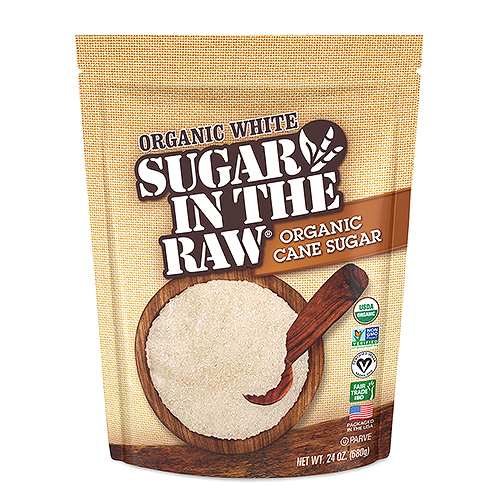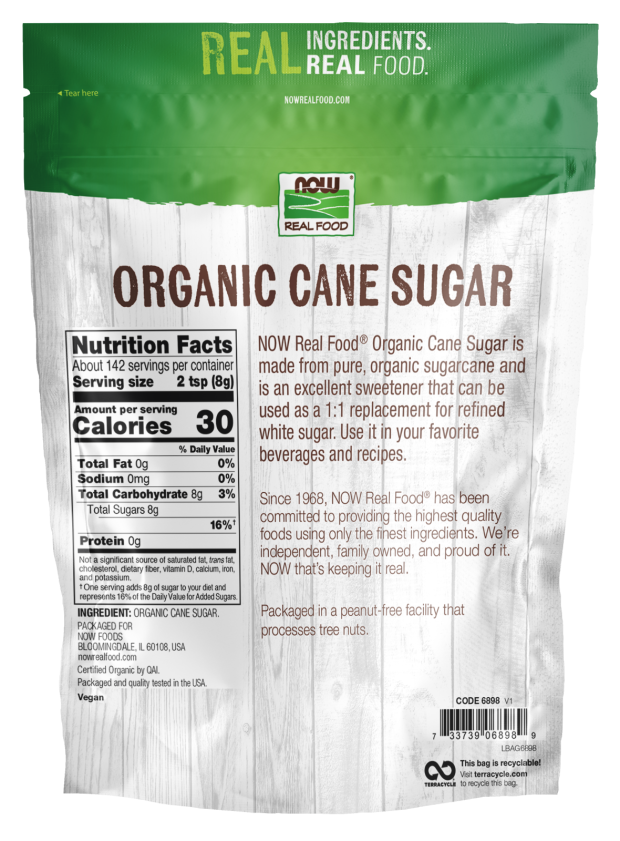An In-depth Summary of the Wellness and Economic Effects of Cane Sugar Handling on Regional Areas
Walking stick sugar handling plays a critical duty in shaping the economic landscape of neighborhood communities, providing employment possibility and stimulating supplementary sectors. Nevertheless, the health and wellness implications related to high sugar intake can not be overlooked, as they add to rising prices of excessive weight and diabetic issues. This nuanced vibrant invites a crucial evaluation of how neighborhoods can optimize financial gains while resolving journalism health obstacles they encounter. The expedition of sustainable methods and instructional campaigns may simply hold the secret to resolving these conflicting rate of interests. What methods might neighborhoods execute to attain this equilibrium?
Financial Advantages of Walking Stick Sugar Handling
Walking stick sugar processing supplies significant financial benefits that expand beyond the prompt agricultural industry. The farming and processing of sugarcane produce numerous task possibilities, from farming to production and circulation. This employment generation not just sustains local economic situations however likewise promotes neighborhood advancement by supplying steady revenue sources for families.
Moreover, the sugar market stimulates secondary businesses, consisting of transportation, tools supply, and product packaging services (Cane Sugar Processing). As these fields grow, they add to a much more durable economic framework, improving total community durability. The export potential of processed cane sugar better amplifies financial advantages, placing areas as affordable gamers in international markets
Financial investment in modern-day handling facilities can cause increased productivity and efficiency, thereby lowering waste and maximizing source use. This shift not just profits the local economic climate but additionally sustains sustainability efforts by decreasing environmental influences.
Furthermore, the revenue generated from walking cane sugar handling can be reinvested in local infrastructure, education and learning, and healthcare, promoting holistic neighborhood development. On the whole, the economic advantages of walking stick sugar processing are diverse, giving a foundation for sustaining success in farming regions.
Health And Wellness Threats Related To Sugar Consumption
Too much sugar consumption postures substantial wellness dangers that necessitate significant interest. High consumption of included sugars, specifically from processed foods and drinks, has actually been linked to numerous health and wellness complications.
Moreover, high sugar usage is related to heart disease. Elevated blood sugar level degrees can cause insulin resistance, a forerunner to various heart-related concerns. In addition, sugar can have detrimental results on dental health, resulting in cavities and periodontal condition, as microorganisms in the mouth flourish on sugar, producing acids that erode tooth enamel.
Furthermore, arising study recommends a possible link in between high sugar usage and psychological health and wellness conditions, such as depression and stress and anxiety. As communities grapple with these health and wellness threats, it becomes necessary to advertise awareness and motivate much healthier nutritional choices. Resolving sugar intake is crucial not only for specific health but likewise for the overall well-being of regional neighborhoods, emphasizing the requirement for thorough public health strategies.
Environmental Influences of Sugar Production
Frequently forgotten in discussions concerning sugar's ramifications is the significant environmental influence of sugar production. The growing of sugarcane frequently necessitates comprehensive land usage, leading to logging, loss of biodiversity, and interruption of neighborhood environments. The conversion of woodlands and wetlands right into sugar ranches can cause habitat devastation, threatening various varieties and modifying environmental equilibrium.
Moreover, sugar production is resource-intensive, consuming considerable quantities of water for watering. This can cause depletion of neighborhood water resources, negatively impacting both farming practices and community access to clean water. In addition, making use of chemical plant foods and pesticides in sugarcane farming can contribute to dirt deterioration and water contamination, as runoff from these chemicals goes into neighboring rivers and lakes, influencing marine life and human health.
The ecological impact includes the processing stage, where energy consumption and waste generation additional worsen ecological issues. Air air pollution from burning sugarcane areas, in addition to greenhouse gas discharges, add to climate modification. Therefore, the ecological ramifications of sugar production warrant serious factor to consider, urging stakeholders to embrace even more lasting practices to minimize these unfavorable results on local ecosystems and neighborhoods.
Task Creation and Community Development
The environmental obstacles postured by sugar manufacturing are commonly counteracted by its capacity for financial benefits, especially in work development and neighborhood development. The cane sugar sector functions as a significant source of employment in several backwoods, supplying jobs across different skill levels, from agricultural labor to handling and circulation functions. This work not only supports individual families yet also adds to the general financial vigor of local neighborhoods.
In addition, the facility of sugar processing centers promotes supplementary services, such as transport services, tools supply, and maintenance companies. As these businesses flourish, they develop added work and boost local economic situations. The revenue generated from the sugar sector likewise causes raised tax obligation incomes, which can be reinvested right into neighborhood solutions such as facilities, healthcare, and education and learning development.
Moreover, the sugar market commonly participates in area advancement campaigns, such as sustaining local colleges and wellness programs, thus improving the quality of life for homeowners. By cultivating strong neighborhood ties and advertising economic development, the walking hop over to these guys stick sugar handling field plays an essential role in uplifting neighborhood populaces, making it an essential component of lasting growth methods in sugar-producing regions.
Balancing Health and Economic Development
In browsing the intricacies of walking cane sugar processing, a critical difficulty exists in stabilizing health and wellness considerations with economic growth. The sugar market substantially adds to local economic situations by producing jobs, promoting related fields, and increasing tax obligation incomes. However, the health ramifications connected with excessive sugar usage can result in persistent illness such as excessive weight, diabetes, and cardiovascular concerns, which can burden public health systems and diminish labor force productivity.

Additionally, governing frameworks can play a critical role in leading sector techniques in the direction of more lasting and health-conscious approaches. By cultivating collaboration between federal government bodies, health companies, and the sugar industry, areas can navigate the dichotomy of health and financial development, making sure that the advantages of cane sugar handling are equitably shared while focusing on public health.
Verdict
To conclude, the handling of walking cane sugar offers both substantial financial benefits and noteworthy wellness threats for local communities. While it fosters job development and boosts local growth, the involved health and wellness worries, specifically concerning excessive weight and diabetes mellitus, require a careful harmonizing act. By promoting responsible usage and investing in area education and lasting techniques, it is possible to make best use of financial benefits while lessening unfavorable health results, thus ensuring a healthier future for local populations.
Furthermore, sugar can have detrimental impacts on dental health and wellness, resulting in dental caries and gum tissue condition, as bacteria in the mouth grow on sugar, producing explanation acids that wear down tooth enamel.
Resolving sugar usage is essential not just for private health yet also for the general health of local neighborhoods, stressing the need for thorough public health methods.
Regularly neglected in discussions regarding sugar's ramifications is the substantial ecological effect of sugar manufacturing. The health and wellness effects connected with excessive sugar usage can lead to chronic illness such as weight problems, diabetes mellitus, and cardio issues, which can burden public health systems and reduce workforce productivity.
